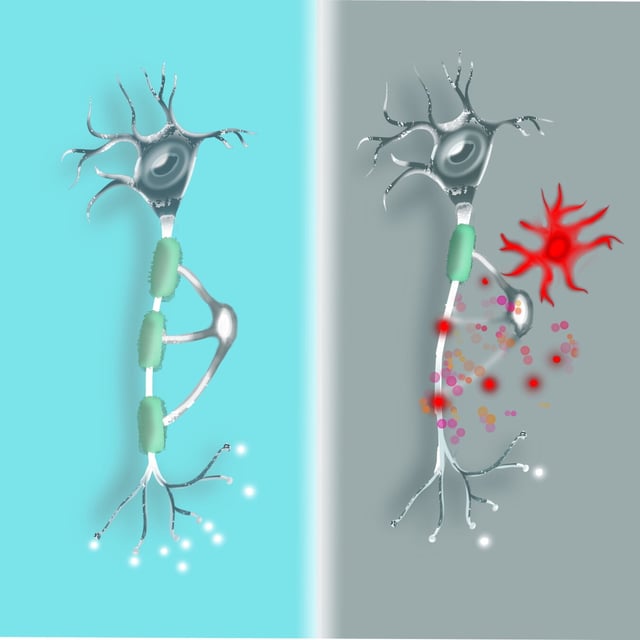Overview
- CAR-T cell therapy, a groundbreaking cancer treatment, has been shown to independently cause mild cognitive impairments, or 'brain fog,' through microglial activation and myelin damage.
- Stanford researchers demonstrated that transient depletion of microglia or blocking chemokine signaling can reverse cognitive deficits in mouse models, paving the way for future clinical applications.
- Postmortem analyses of human brain tissue from CAR-T trial participants confirmed similar neuroimmune dysregulation observed in animal studies, strengthening the findings' translational relevance.
- The study highlights shared neuroimmune pathways between CAR-T therapy, chemotherapy, and infections, emphasizing the need to address cognitive health in cancer survivors.
- CAR-T therapy, first approved in 2017 for leukemia, has achieved long-term cancer remissions, underscoring the importance of mitigating its impact on patients' quality of life.

